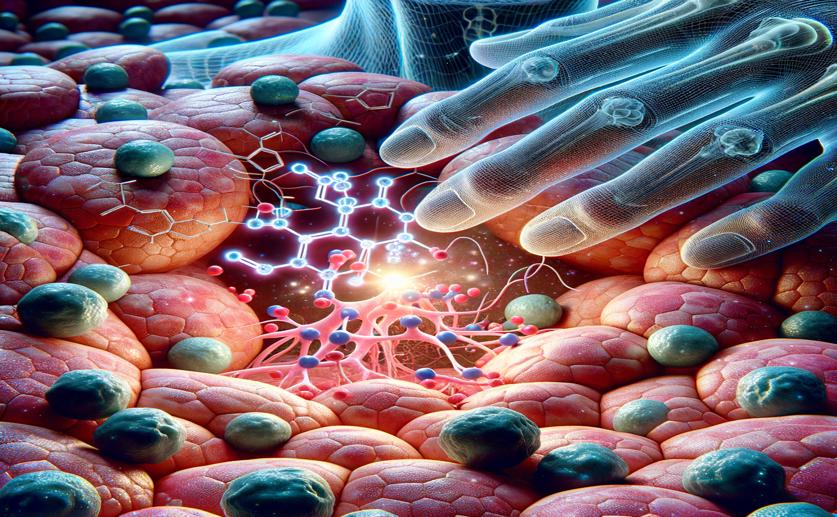
Plant Compound Triggers Cell Death Pathway in Human Skin Cancer Cells
Jim Crocker
27th June, 2024

Image Source: Natural Science News, 2024
Key Findings
- Researchers from The Cyprus Institute of Neurology & Genetics found that watercress extract, rich in PEITC, can selectively kill melanoma cells
- The extract showed significant, time- and dose-dependent toxic effects on melanoma cells, while sparing non-melanoma and normal cells
- The study confirmed that watercress extract induces cancer cell death through the intrinsic apoptosis pathway, involving key mitochondrial signals
References
Main Study
1) Naturally-derived phenethyl isothiocyanate modulates apoptotic induction through regulation of the intrinsic cascade and resulting apoptosome formation in human malignant melanoma cells.
Published 25th June, 2024
https://doi.org/10.1080/15376516.2024.2369666
Related Studies
2) Targeting the epigenome in malignant melanoma: Facts, challenges and therapeutic promises.
3) Benefits and risks of the hormetic effects of dietary isothiocyanates on cancer prevention.
4) The Cancer Prevention, Anti-Inflammatory and Anti-Oxidation of Bioactive Phytochemicals Targeting the TLR4 Signaling Pathway.



 25th June, 2024 | Jenn Hoskins
25th June, 2024 | Jenn Hoskins